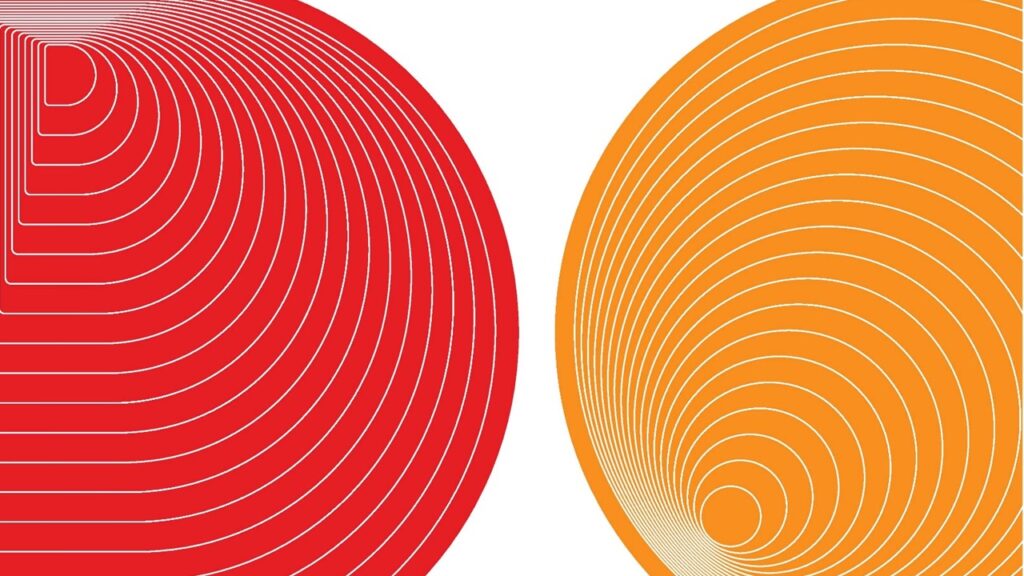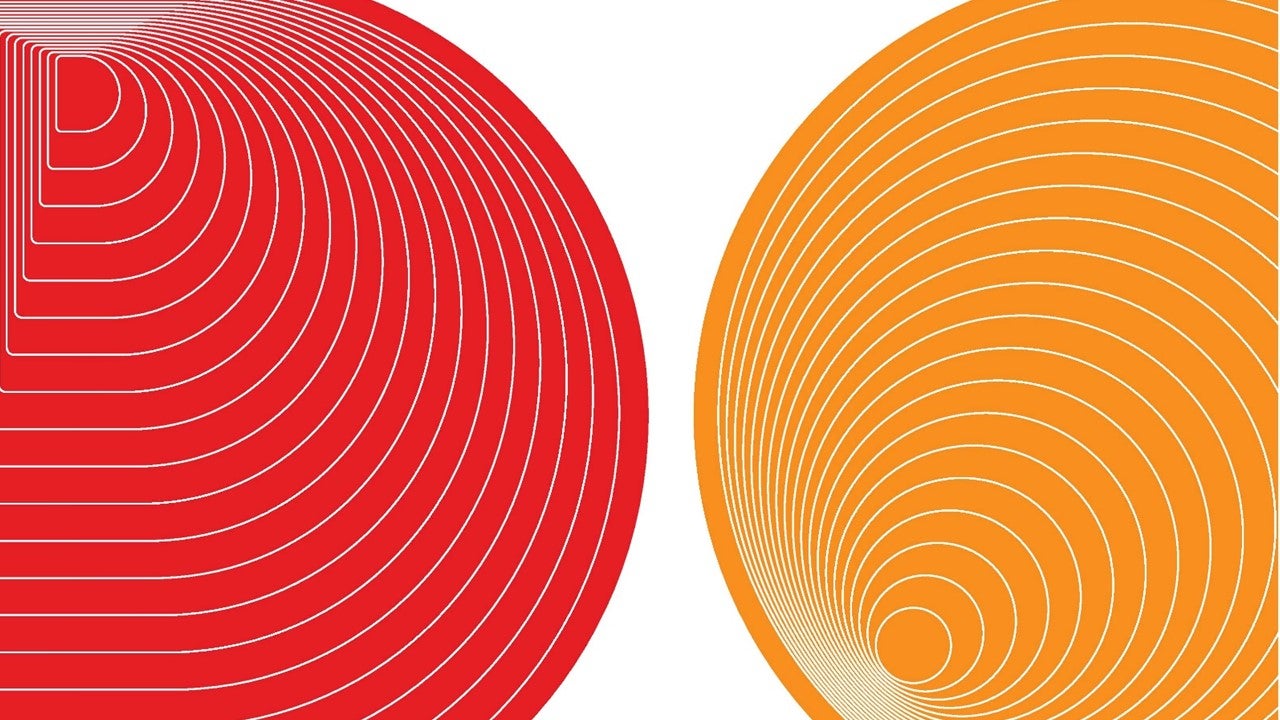Events
Thermal Resilience – An Interdisciplinary Discussion on Heat, Society, and Environment
| Date | : | 18 Jan 2024 |
| Time | : | 10:00 – 12:00 |
| Venue | : | SDE4 Building, Level 5, Forum 05-07 |
| Contact Person | : | LIM, Zi Qi |
Jointly organized by Asia Research Institute, and Department of Architecture, National University of Singapore.
CHAIRPERSON
Assoc Prof Jiat Hwee Chang, Asia Research Institute, and Department of Architecture, National University of Singapore
ABSTRACT
Rising temperatures brought about by the climate crisis are introducing new vulnerabilities and precarities to the health of our communities, the manner we work, and the way we dwell in our environment. What are these vulnerabilities and precarities? How are they reconfiguring our socio-environmental practices? How are researchers from different disciplinary backgrounds responding to these challenges?
Join our interdisciplinary discussion as our expert panelists address different aspects of these questions:
- Sarah Besky, a cultural anthropologist from Cornell, will share a collaborative research project called the Center for Household Energy and Thermal Resilience that foregrounds the perspectives, idioms, materials, and socioeconomic realities of those whose homes and communities are on the front lines of climate crisis.
- Jason Lee, a physiologist from the National University of Singapore, will discuss the findings of Project HeatSafe that harnessed a multidisciplinary approach to tackle heat stress in exertional workers, especially migrant construction workers in Singapore, in both indoor and outdoor settings.
- Nyuk Hien Wong, a building scientist from the National University of Singapore, will highlight the research on Urban Heat Island (UHI) and their mitigation measures conducted in Singapore. He will discuss the Cool NUS project, an on-going project using NUS campus as a living laboratory to develop a framework for the assessment of UHI.
Presentation 1: The Center for Household Energy and Thermal Resilience by Assoc Prof Sarah Besky
From extremes of heat and cold to natural disasters, many of the most glaring health, economic, and social effects of climate change are experienced in and reflected through housing, yet the design expertise of those who live in climate-vulnerable communities has rarely been recognized. Instead of privileging technological solutions engineered in the Global North and applied to the Global South, the research approach I describe in this talk, a collaborative project called the Center for Household Energy and Thermal Resilience foregrounds the perspectives, idioms, materials, and socioeconomic realities of those whose homes and communities are on the front lines of climate crisis.
Presentation 2: Heat Impacts on Migrant Construction Workers by Assoc Prof Jason Lee
Feeling hot especially in the tropics is often perceived as normal, but most are unaware of how heat can be detrimental to our overall health, well-being and performance. While heat stress is the effect of the environment on the individual, heat strain is the resultant thermal load the body experiences predominantly from the weather, workload and clothing. Heat stress not only increases the risk of heat injury but can also interfere with work productivity. In addition, heat stress can compromise decision making, thereby increasing the risk of accidents. In Project HeatSafe, we harnessed a multidisciplinary approach to tackle heat stress in exertional workers in both indoor and outdoor settings.
Presentation 3: Urban Heat Island (UHI) Studies in Singapore by Prof Nyuk Hien Wong
This presentation will highlight the UHI studies conducted in Singapore including the exploration of the various mitigation measures. It will also discuss the impact of Climate Change on the UHI effect. It will also discuss the Cool NUS project, currently an on-going project using NUS campus as a living laboratory to develop a framework for the assessment of UHI. The project utilizes suits of sensing champaigns and simulation models as well as Digital Twin to provide a very comprehensive sensing data and simulation outputs in order to understand the microclimate of NUS campus. Appropriate mitigation measures are also implemented in the hotspots to understand the effectiveness of such mitigation measures.
ABOUT THE SPEAKERS
Sarah Besky is a cultural anthropologist and Associate Professor in the School of Industrial and Labor Relations at Cornell University. Her research uses ethnographic and historical methods to study the intersection of labor, environment, and capitalism in the Himalayas. Her work analyzes how materials and bodies take on value under changing political economic regimes and explores the diverse forms of labor that make and maintain that value. Sarah is the co-principal investigator for the Cornell-based Center for Household Energy and Thermal Resilience.
Jason Lee is Associate Professor at the Yong Loo Lin School of Medicine, National University of Singapore. He co-leads the Human Potential Translational Research Programme and directs the Heat Resilience and Performance Centre. Jason is Fellow of the American College of Sports Medicine since 2012. Jason chairs the Scientific Committee on Thermal Factors at the International Commission on Occupational Health. He is on the management committee at the Global Heat Health Information Network and leads the WHO-WMO Southeast Asia Heat Health Node to scale up efforts in managing the complex health risks posed by rising ambient temperatures.
Nyuk Hien Wong is currently Professor in the Department of the Built Environment, College of Design and Engineering, National University of Singapore. He has been the principal investigator of research projects with various government agencies to study the microclimate of various developments such as Marina Bay Financial Centre, Punggol Waterway, One-North etc. He has also worked with Building and Construction Authority of Singapore to develop Green Mark schemes specifically on Passive Design Strategies and thermal comfort prediction models for non air-conditioned buildings.
REGISTRATION
No pre-registration is required. We look forward to see you at the talk.



